Loading content - please wait...
Jungle trekking in Gorontalo leads to hot spring caves
Jungle trekking in Gorontalo is a great addition to a diving holiday. Any easy-to-access half day trip leads through primary jungle to caves formed by hot springs.
Bogani Nani Wartabone National Park
Gorontalo and North Sulawesi provinces contain a significant national park. Its new name is Bogani Nani Wartabone. Previously, its name was Dumoga Bone National Park. Nani Wartabone was a native Gorontalo freedom fighter. He led the successful resistance against the Imperial Japanese occupation during the Second World War. Visitors to the Gorontalo side of this park can visit a house museum dedicated to him.
The park comprises over 2,800 square kilometers. According to conservationists, this national park is the most important conservation area on Sulawesi. The park provides refuge for many of Sulawesi’s endemic species. A Maleo hatchery is located a couple hours’ hike into the park.
Caves and Hot Springs
Jungle trekking into Bogani Nani Wartabone National Park gives visitors access to two small caves. Seepage from underground hot springs formed both caves. These caves are in their natural state with no human development.
One tiny cave is called the Sauna cave. Only the slim and agile trekker can climb into it. Inside it indeed feels like a sauna, complete with steam and dripping hot water. Flow stones and dramatic stalactites grow from its ceiling. High on a cliff is the Fairy cave. Locals call it Goa Bidadari. Access to this cave requires scrambling up a steep and barren slope where mineral waters leach over the surface. Only fit and agile trekkers should attempt the brief ascent. They do so at their own risk without any recommendation from Miguel’s Diving. These caves are located in the Hungayono area.
Jungle Trekking to Waterfalls and the one River
Jungle trekking in the national park can lead to two waterfalls. One falls dropping one hundred meters is accessed via Lombongo Hot Springs. Another falls formed during the COVID-19 pandemic after an earthquake. This waterfall is in the Hungayono area near to the Maleo hatchery. Its waters descend into the Bone River
, which flows through the national park. These two falls cannot be accessed on the same trip. So, those seeking jungle trekking to a waterfall must choose. Be warned that scalding hot, underground water pours into the Bone River.Wildlife Sightings
Trekkers should be on the lookout for various wildlife. Officially
, the national park has identified 125 bird species, 24 mammals, 23 amphibians and reptiles. Moreover, tree species number 289. Often, trekkers can see or hear the endemic Gorontalo macque (Macaca nigrescens). This is actually a different species from the Sulawesi macaque (Macaca nigra) found in North Sulawesi’s Tangkoko Reserve. Neither of these primates are monkeys because they lack tails.Mostly likely, trekkers will glimpse endemic kingfishers. The Green-backed kingfisher (Actenoides monachus) sports a brilliant blue head and orange beak. They live only in north and central Sulawesi. Additionally, lucky visitors can see the Sulawesi dwarf kingfisher (Ceyx fallax), which is distinctly red and found only on Sulawesi.
Other Sulawesi endemic birds include the Grey-sided flowerpecker (Dicaeum celebicum) with its brilliant red breast or the Sulawesi scops owl (Otus manadensis). Watch for green parrots with red heads. These are endemic Sulawesi hanging parrots (Loriculus stigmatus). Other endemics include hornbills, woodpeckers, rails, goshawks, pigeons, other parrots.
If you would like a jungle trek on a free day or after a short diving day, please let us know when you make dive reservations.
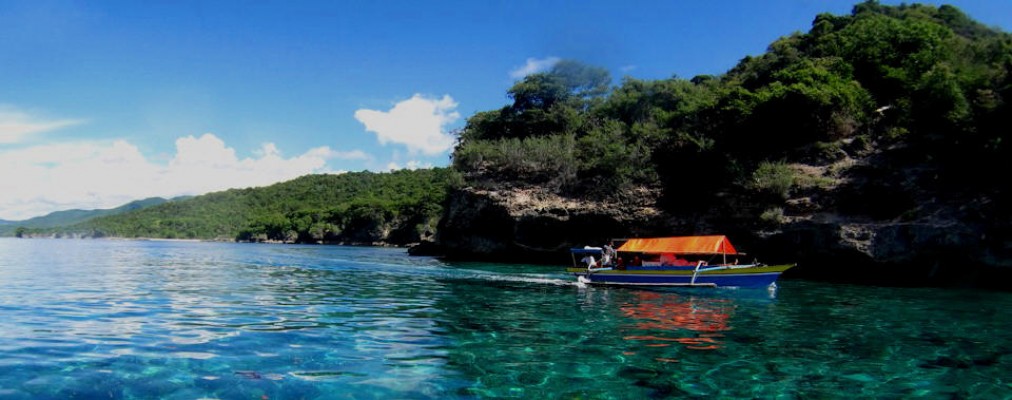
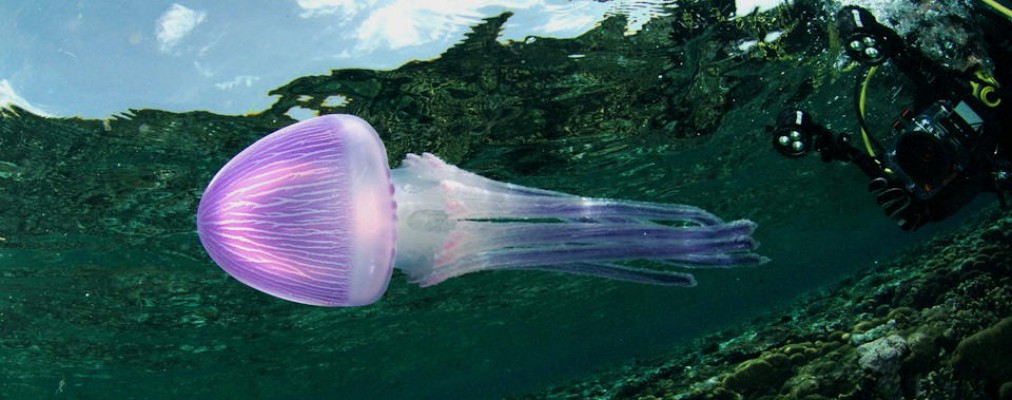
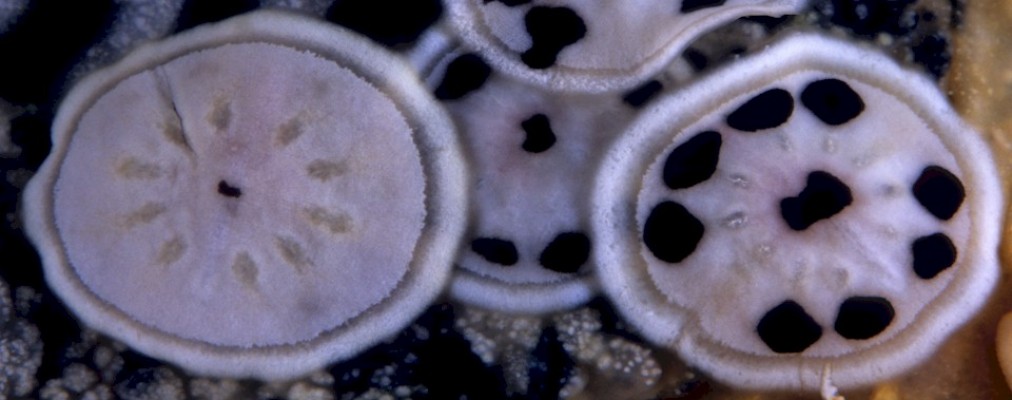
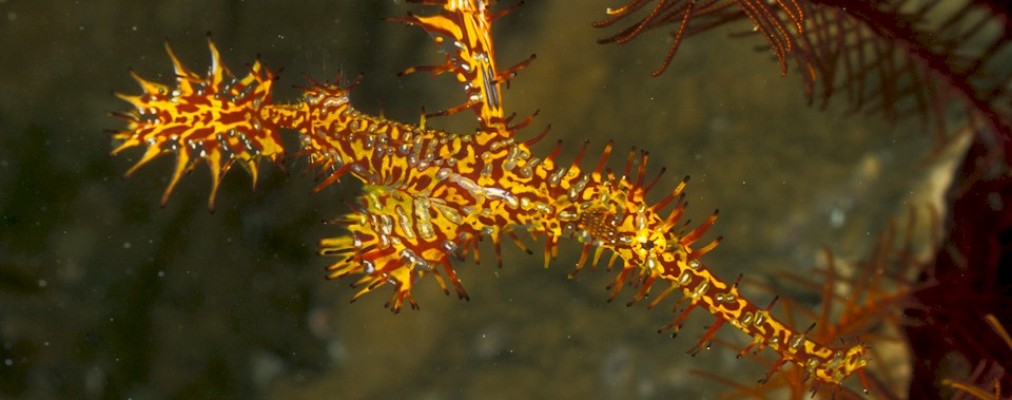
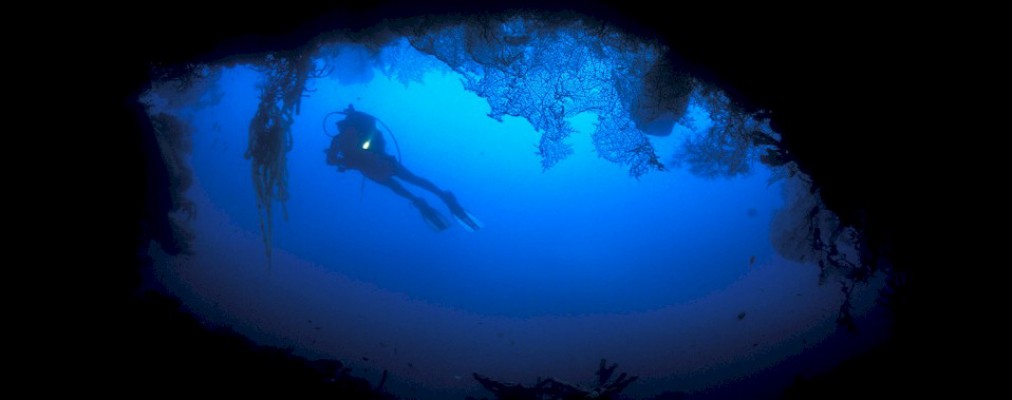



Sorry, comments are closed for this post.